In India’s rural heartlands, many households face poverty due to limited agricultural resources and dependence on unpredictable rainfed agriculture. Vulnerable communities in Rajasthan and Maharashtra, particularly those with small land holdings, struggle with economic instability and migration. To address these challenges, the Lupin Human Welfare & Research Foundation (LHWRF) launched the Desh Bandhu Jan Utkarsha Pariyojana (DBJUP), which empowers rural households by providing tailored, sustainable livelihood solutions. With interventions in diversified agriculture, skill development, and financial access, DBJUP aims to create a replicable model for resilient, self-reliant communities.
Let’s delve into an in-depth analysis of how this transformative initiative unfolded, detailing the strategic approaches, significant outcomes, and its long-term potential for sustainable impact.
Case Study:
Lupin Human Welfare & Research Foundation (LHWRF), the social responsibility arm of Lupin Limited, was founded by Dr. Desh Bandu Gupta in 1988. For over three decades, LHWRF has impacted over 1.57 million beneficiaries across 4771 villages in 24 districts within eight Indian states. With a focus on sustainable development, LHWRF operates through strategic programs—Lives (healthcare) and Livelihoods. The Desh Bandhu Jan Utkarsha Pariyojana (DBJUP) under LHWRF aims to improve the livelihoods of vulnerable rural households by providing tailored, sustainable livelihood solutions.
Problem Statement: Challenges Faced by Vulnerable Rural Households
The DBJUP project addressed significant challenges faced by impoverished households reliant on agriculture. These households faced issues such as limited land ownership, dependence on rainfed farming, insufficient knowledge of modern agricultural practices, and the impacts of adverse climate conditions. As a result, these families experienced low agricultural productivity, economic instability, and limited livelihood opportunities. These challenges were particularly prevalent in rural areas where traditional farming practices still dominate, and access to resources is limited.
Project Goals: Empowering Rural Communities
The DBJUP project aimed to:
• Enhance economic security by reducing dependence on rainfed agriculture and diversifying income sources.
• Empower households with sustainable agricultural practices and alternative livelihoods.
• Create a replicable model for long-term economic stability and resilience in rural communities.
Project Overview: Targeting Vulnerable Areas
The project was implemented across four districts—Bharatpur and Alwar in Rajasthan, and Dhule and Pune in Maharashtra—where it benefited 1,150 rural households over a two-year period. The project targeted households involved in rainfed and irrigated farming, as well as landless or artisan families. It provided financial assistance, capacity-building, and technology-driven solutions, with tailored interventions designed to address the unique needs of each household. These efforts enabled participants to transition from traditional farming practices to more sustainable and diverse income-generating activities, enhancing livelihoods, improving economic stability, and fostering long-term resilience in vulnerable agricultural and socio-economic contexts.
Key Stakeholders:
The success of the project is attributed to the collaboration between various stakeholders:
• Lupin Human Welfare & Research Foundation – The leading organization driving the project.
• Rural Community Members (Beneficiaries) – The households who are the focus of the interventions.
• Technical Experts and Trainers – Specialists in agricultural practices and skill-based programs who provide necessary training and support.
Tailored Interventions for Maximum Impact
• Needs Assessment: Baseline surveys were conducted to identify the households most in need, focusing on Below Poverty Line (BPL) and low-income households.
• Design and Planning: Based on the needs assessment, tailored livelihood models were created for each group of households, considering factors like land ownership, irrigation access, and household type.
• Resource Allocation: The total budget for the project was INR 22.02 crore, with INR 11.25 crore allocated for the 2023-24 financial year.
Implementation Process:
The implementation of the project began with categorizing households based on their specific needs, ensuring that relevant interventions were tailored to each group. To scale up the impact, Family Development Groups and Farmer Producer Organizations were integrated, fostering community collaboration and broadening the reach of the project. The project also introduced several innovative features, including irrigation systems, crop diversification methods, and livestock farming, which helped improve agricultural practices and income generation. For landless households, skills training focused on developing micro-enterprises, providing alternative livelihood options and empowering them to build sustainable sources of income.
Results and Impact: Measuring Success
The DBJUP project has generated significant positive outcomes for the communities involved. Key indicators show a 170% increase in household incomes, especially among families who transitioned to diversified agricultural practices, marking a substantial uplift in economic stability. Reliable income sources from both agriculture and newly introduced livelihoods have led to reduced migration, as families can now sustain themselves locally. Financial access has also improved significantly, with 73% of youth participants gaining new skills that enhance their job prospects and empower them for future growth.
The project has greatly improved the economic conditions and quality of life for households in the targeted areas. Dependence on rainfed agriculture has decreased, fostering greater resilience to climate fluctuations. Additionally, new rural employment opportunities have emerged through micro-enterprises and diversified agriculture, boosting the local economy and providing families with a more stable foundation.
Lessons Learned
This project highlights the importance of tailored interventions. By customizing solutions to local conditions and household-specific needs, the DBJUP project has demonstrated how targeted efforts can drive sustainable growth. The project’s success was further supported by strong community engagement; active involvement of beneficiaries at each stage of implementation helped foster a sense of ownership and ensured the project’s alignment with their needs and aspirations.
Overcoming Barriers:
While the project has made impressive strides, it faced several challenges:
• Limited access to water resources in various project areas hindered agricultural development.
• Resistance from farmers to adopt new agricultural methods presented a barrier to progress.
• Initial skepticism toward new irrigation systems and alternative livelihood options slowed early adoption.
Strategies to Overcome Challenges
To address these challenges, the project team organized community meetings and awareness campaigns to build trust and demonstrate the benefits of modern agricultural practices. Collaborations with government schemes provided support to tackle water scarcity issues, ensuring that solutions were sustainable and widely accepted. Regular feedback from beneficiaries allowed for adaptive planning, enabling the project team to make timely adjustments and improve implementation methods.
Sustainability and Future Implications: A Model for Long-Term Success
The project is expected to have long-lasting benefits by strengthening the resilience of rural communities and securing sustainable livelihoods. Infrastructure improvements, coupled with skill development, are anticipated to support economic stability. The project’s success also provides a scalable model that can be applied to other regions facing similar challenges.
Recommendations for Future Projects
To amplify the impact of similar initiatives, the project team recommends:
• Expanding collaboration with government agencies to increase support and extend the project’s reach.
• Introducing more technology-driven farming solutions to boost productivity and reduce the need for manual labor.
• Enhancing community education on sustainable practices to encourage lasting adoption and success in future projects.
Through the DBJUP project, LHWRF has successfully demonstrated how a community-driven, sustainable model can lead to significant improvements in rural livelihoods. By focusing on tailored interventions and fostering a sense of ownership within the community, the project provides a replicable example for other regions aiming to promote economic self-reliance and improve the quality of life for rural households.




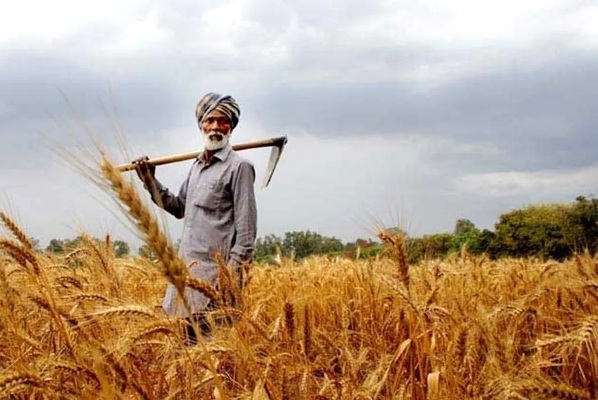
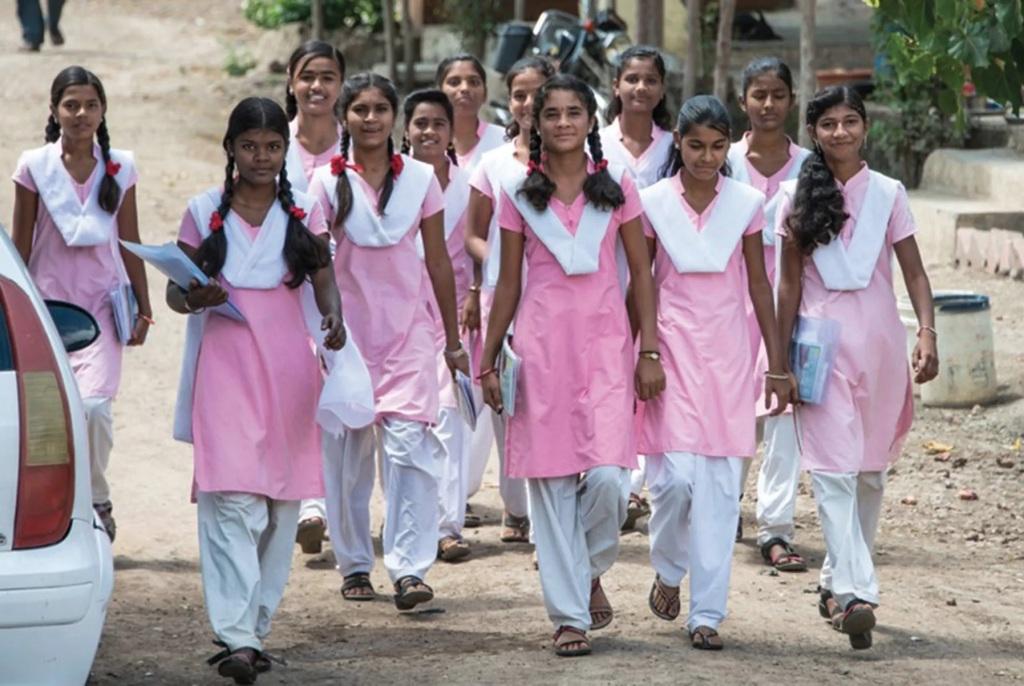


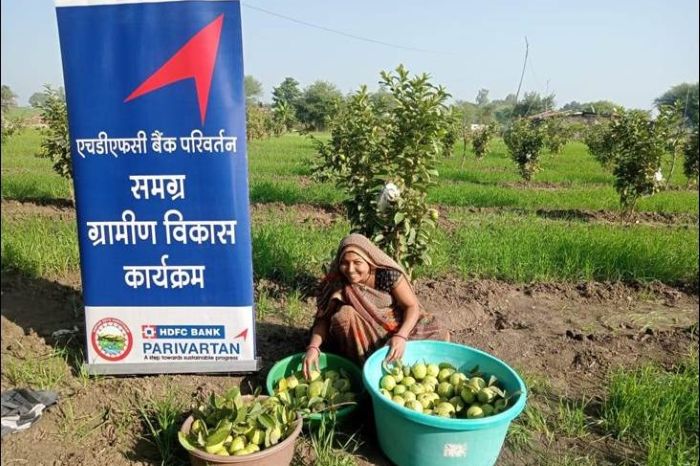
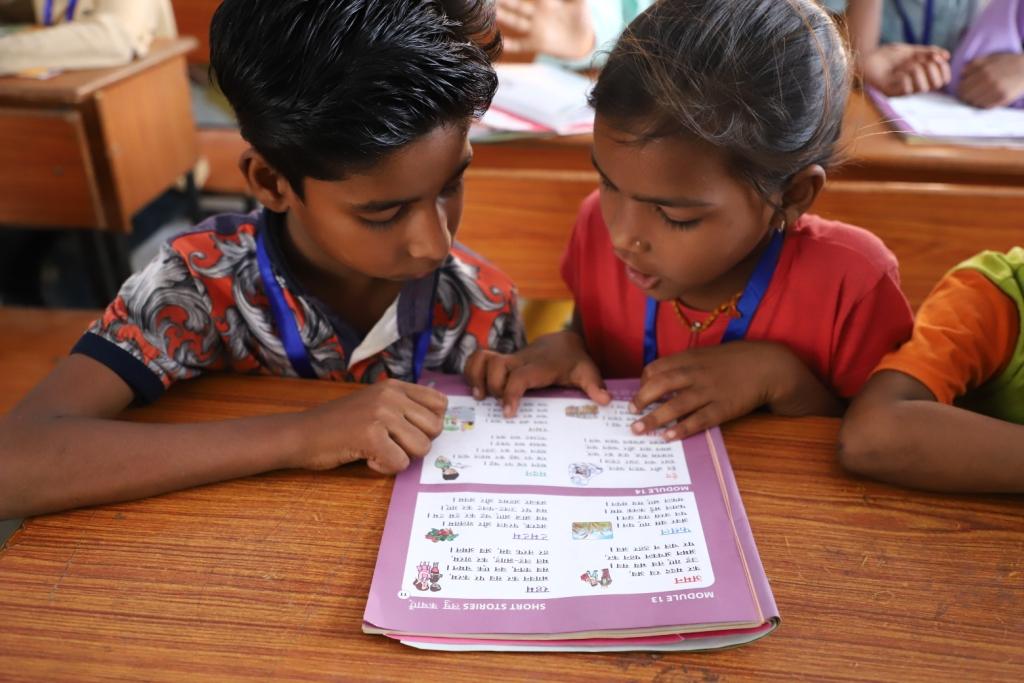
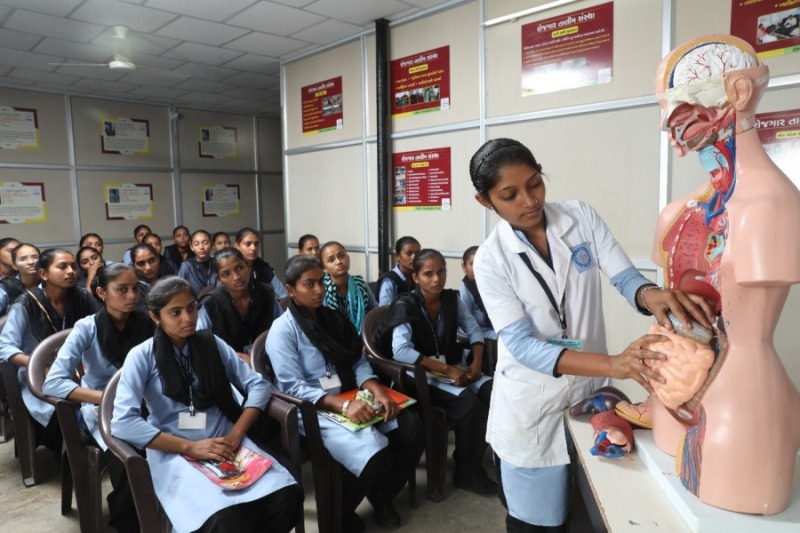








.jpg)



